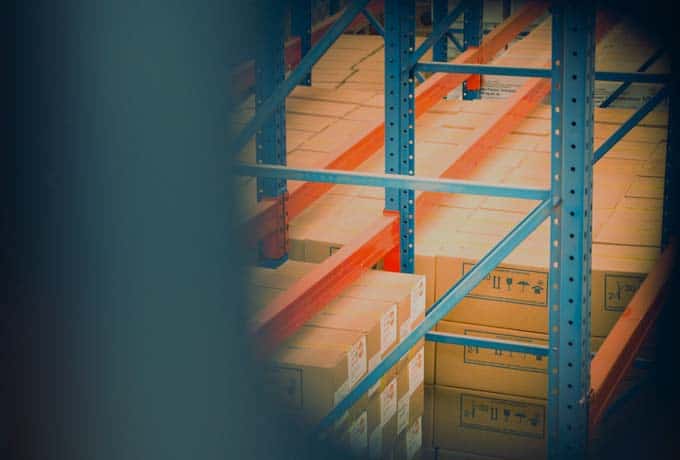Stable supply chains as a success factor
The supply chains are interrupted: "Currently not available - or only with a time delay and a high surcharge." This is the answer many companies are currently receiving when they want to order materials and precursors needed for their production. Figures published by the IFO Institute show how tight supply capacities have been for months in many sectors. According to these figures, [...]

Many supply chains are more fragile than thought
Until the outbreak of the coronavirus pandemic, many companies would never have imagined that their supply chains could prove so fragile. But then the virus arrived and led to a global slump in industrial demand. As a result, many manufacturers of primary products also reduced their production capacities. These are now lacking, as the global economy has unexpectedly quickly picked up speed again due to many government economic stimulus programs. As a result, strong demand is being met with reduced production capacities for primary products and extraction capacities for raw materials. Added to this: In the wake of the pandemic, the global transportation of goods is also still disrupted. In addition, quarantine regulations in Asia, especially China, are causing production facilities and ports to shut down time and again. This is exacerbating logistics problems and causing transport prices to rise. In addition, many companies are trying to replenish and expand their stocks of primary products due to the ongoing uncertainty. This is also exacerbating the shortage of goods and creating supply bottlenecks.Purchasing maxims are reviewed
As a result of this new experience, many companies are currently rethinking their procurement management. While quite a few of them used global sourcing in purchasing before coronavirus in line with the maxim "buy where it's cheapest", factors such as security of supply are now playing an increasingly important role in their purchasing decisions alongside price and product quality. Many companies that were previously advocates of just-in-time production and stockpiling are now considering increasing their inventories again. Others are considering producing more components themselves again and relying more on local suppliers for procurement. In addition, quite a few companies are rethinking their previous strategy of minimizing the number of suppliers for cost and administrative reasons. Instead, they are considering bringing a second and third-party supplier on board for important preliminary products that they previously purchased from one supplier in order to reduce their dependence on individual suppliers.Use software - if and as far as possible
For companies that are considering changing suppliers or would like to increase their number, this poses the following challenge: they must first gain an overview of potential suppliers and then evaluate them so that they can make a qualified selection. This process takes a lot of time. This is often a problem, especially for small and medium-sized companies without a large purchasing department. This can often be alleviated with digital supplier auditing procedures, in which companies first ask potential suppliers to what extent they meet their delivery requirements using an online questionnaire. Ideally, they can gain an initial overview of which suppliers are "hot candidates" within a few hours and use this information for their supplier selection and contract negotiations.Companies are and remain decision makers
However, such software programs are only a tool to systematize and simplify the pre-selection of suppliers. When it comes to deciding whether to cooperate with supplier A or B, it is important to get to know the supplier's organization, especially for strategically relevant preliminary products and materials - in order to evaluate their self-statements, because paper is patient: Paper is patient. It is also important to adequately determine the strategic relevance of the individual products and services in order to arrive at the right evaluation and selection criteria, as the last few months have shown how quickly the lack of small parts such as seals, sensors and terminals can paralyze the entire production process. Getting to know the supplier and its organization personally is particularly important when it comes to selecting suppliers and service providers with whom the company and its employees have to work on an almost daily basis in the service provision process. The "chemistry" must also be right, and the extent to which this is the case can only be determined through personal contact. To the author: Alban Maier is managing partner of the management consultancy Assention AG, Pfäffikon (www.assention.com). This supports manufacturing companies in analyzing, optimizing and redesigning their business processes, among other things.This article originally appeared on m-q.ch - https://www.m-q.ch/de/stabile-lieferketten-als-erfolgsfaktor/









